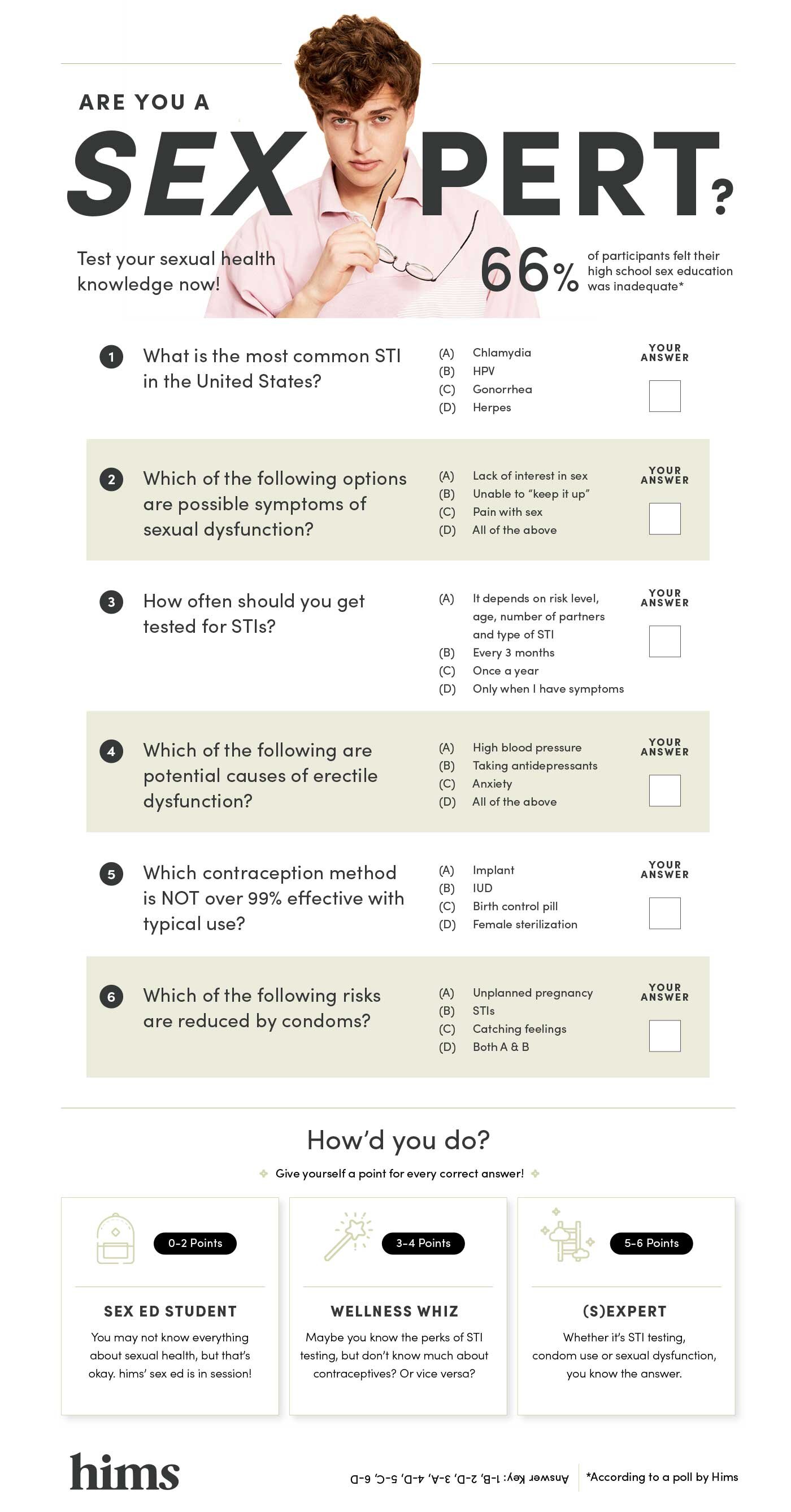You may be finding yourself with a lot of extra time on your hands and wondering what to do about it. If you’re stuck at home with your partner, then look no further. Having sex is not only a great indoor activity to pass the time, but it also comes with many benefits other than mind-blowing orgasms. Before you start spending more time in bed though, make sure you’re prepared and that your sexual health is in good standing.
Get tested- When was the last time you had a good ol’ STD test done? If you’ve recently switched sexual partners or have been with multiple people, it’s a good idea to get tested to ensure you are not unknowingly carrying anything. If your typical doctor’s office is closed at the moment, there are alternatives to visiting the physical location like using an at-home testing kit. Check with your doctor or local clinic to find the best solution for you.
Use Protection- Unless you and your partner are trying to get pregnant, protection is essential in keeping you safe. Condoms are the most effective way of keeping you free from any STDs or STIs. If you and your partner are both in the clear, then consider birth control or an IUD for contraception. Every couple is different, so talk with your partner and doctor about what’s best for keeping you safe while you’re sexually active.
Work Through Sexual Difficulties- While difficulties in the bedroom aren’t necessarily easy to talk about, it’s important to acknowledge any elephants in the room and work through them. By the age of 40, about 40% of men begin to experience erectile dysfunction, however, this can begin earlier in life. Luckily, there are medications available to help maintain an erection and they can even be delivered right to your door. Other difficulties include libido differences, sexual pain disorders, or orgasmic disorders. If you or your partner are experiencing any of these, talk with your doctor, or consider sex and relationship therapy with a trained professional from the comfort of your own home.
Communicate with Your Partner- Remember that communication is key in any healthy relationship. It’s important to talk about how you’re feeling and anything that may be bothering you. Without expressing any concerns or needs, the other person may never know. Keep your wants clear and always practice consent. Open communication will also allow for better trust and in turn, result in more opportunities for trying out new things in the bedroom!

